According to executive coach Ritu Gupta Mehrish, all leaders, at some point, feel “blocked.” Drawing on her experience working with organizations like P&G, Mehrish points out that while information on how leaders can boost their effectiveness abounds, finding practical help for dealing with your emotions if you’re in a leadership position is another story. In the past, people didn’t discuss what she dubs “leader’s block,” but organizations can’t survive if their leaders feel unable to perform well. The solution, Mehrish says, is to identify what may be blocking your leaders, and take steps to help them return to full effectiveness.
Leaders can find it hard to address their emotional concerns.
Leaders can access countless books and articles on how to boost their profits, hire effectively and apply other work-related skills. But they have great difficulty finding information or assistance when they need to deal with feeling dull, perplexed or unmotivated. Leaders who face these troubling feelings for a sustained period may be suffering from “leader’s block.”
Leader’s block is akin to a condition known to authors as “writer’s block,” which is difficulty being creative, energized and productive.
Managers afflicted by leader’s block lose their enthusiasm for their work; they find that they can’t perform to their usual standards. Quite often, their self-esteem and concentration suffer, and they make inappropriate or ineffective decisions.
Most often, managers face leader’s block several years into their career.
Leaders are most likely to face leader’s block after more than 15 years on the job. When people begin their careers, their work tends to follow a well-structured process...









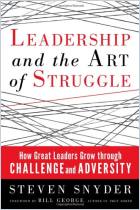
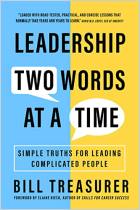
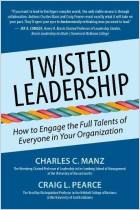
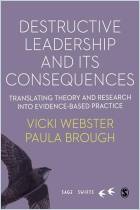

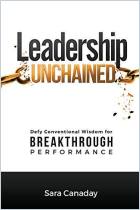



Comment on this summary or Iniciar a Discussão